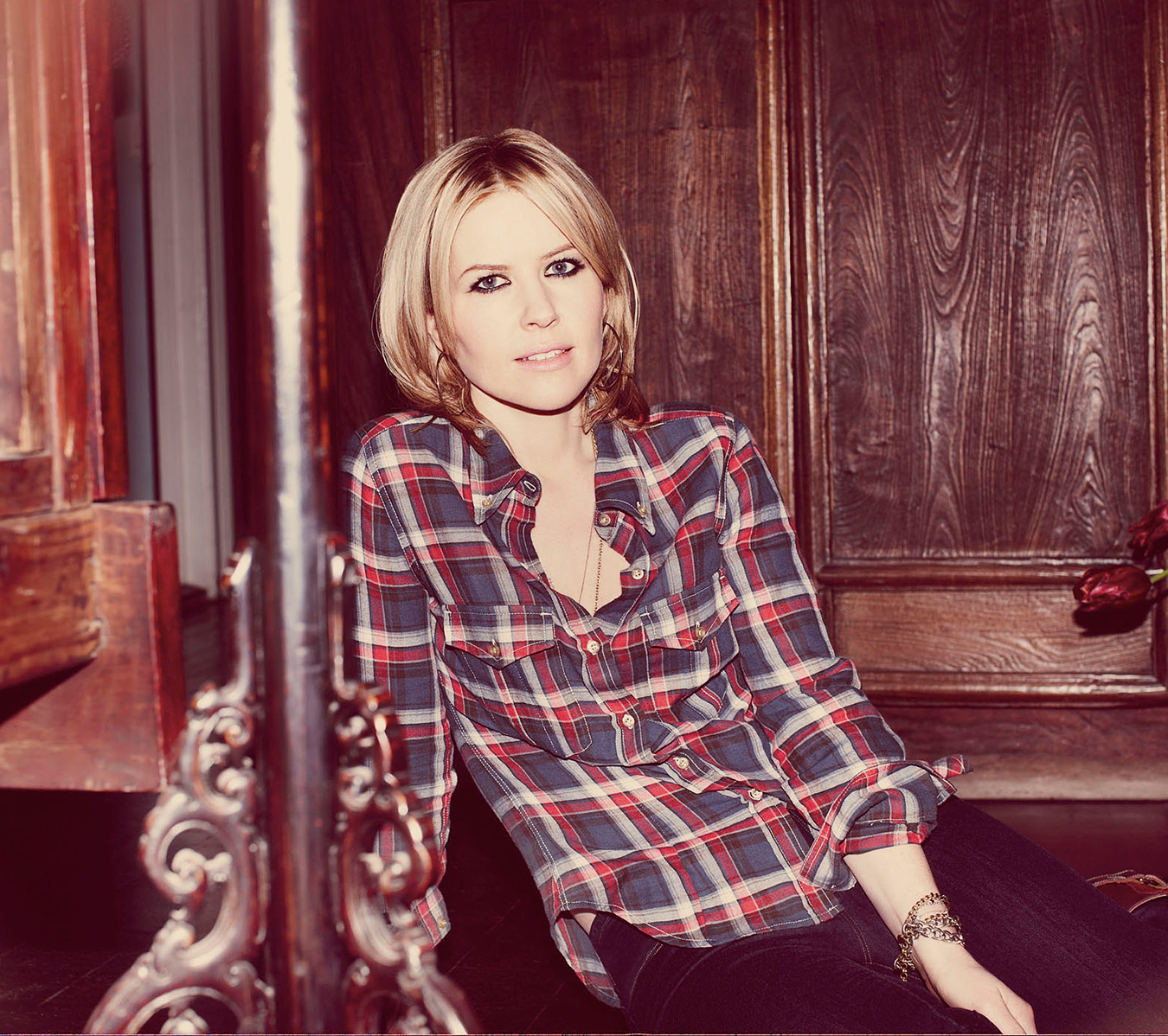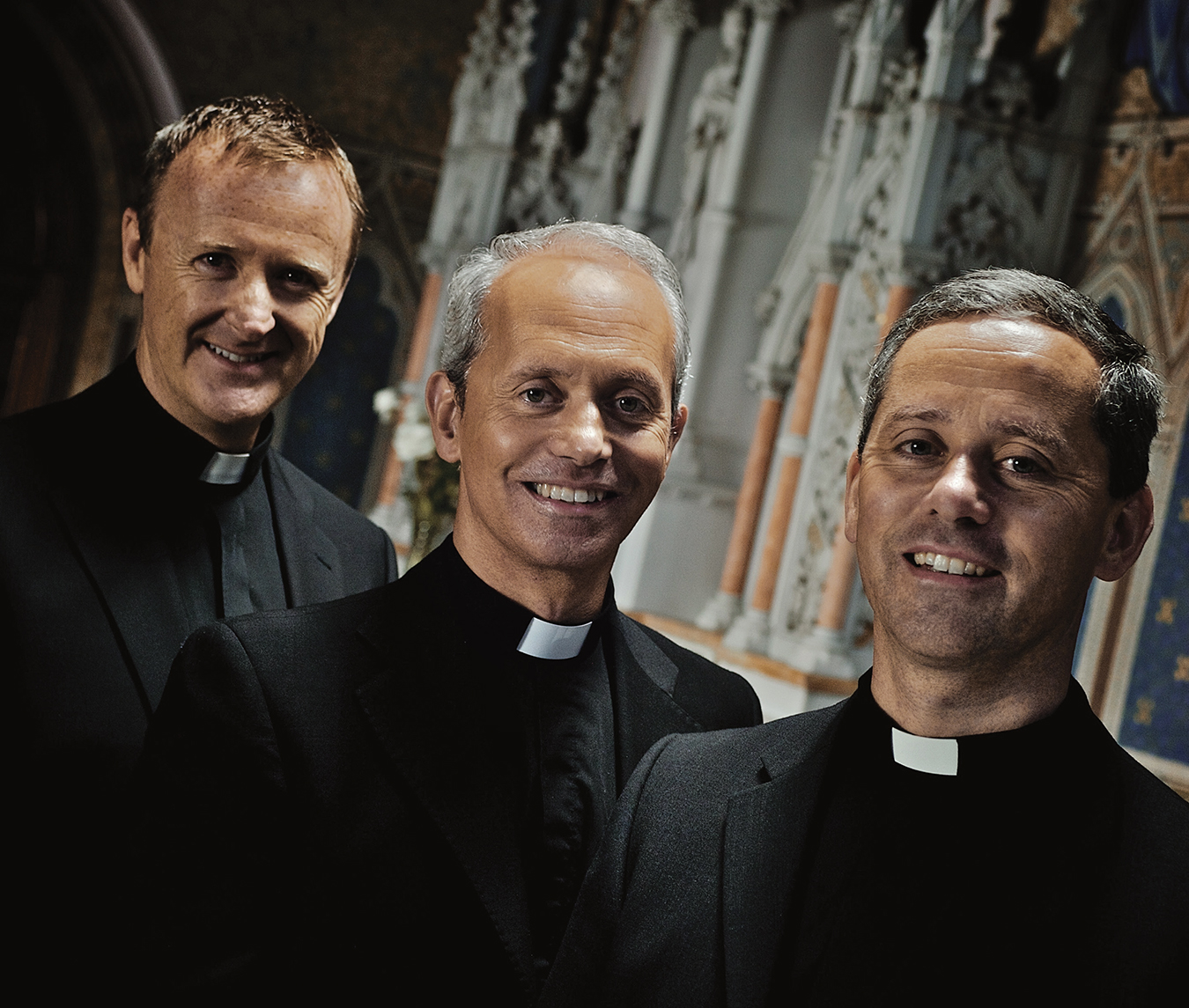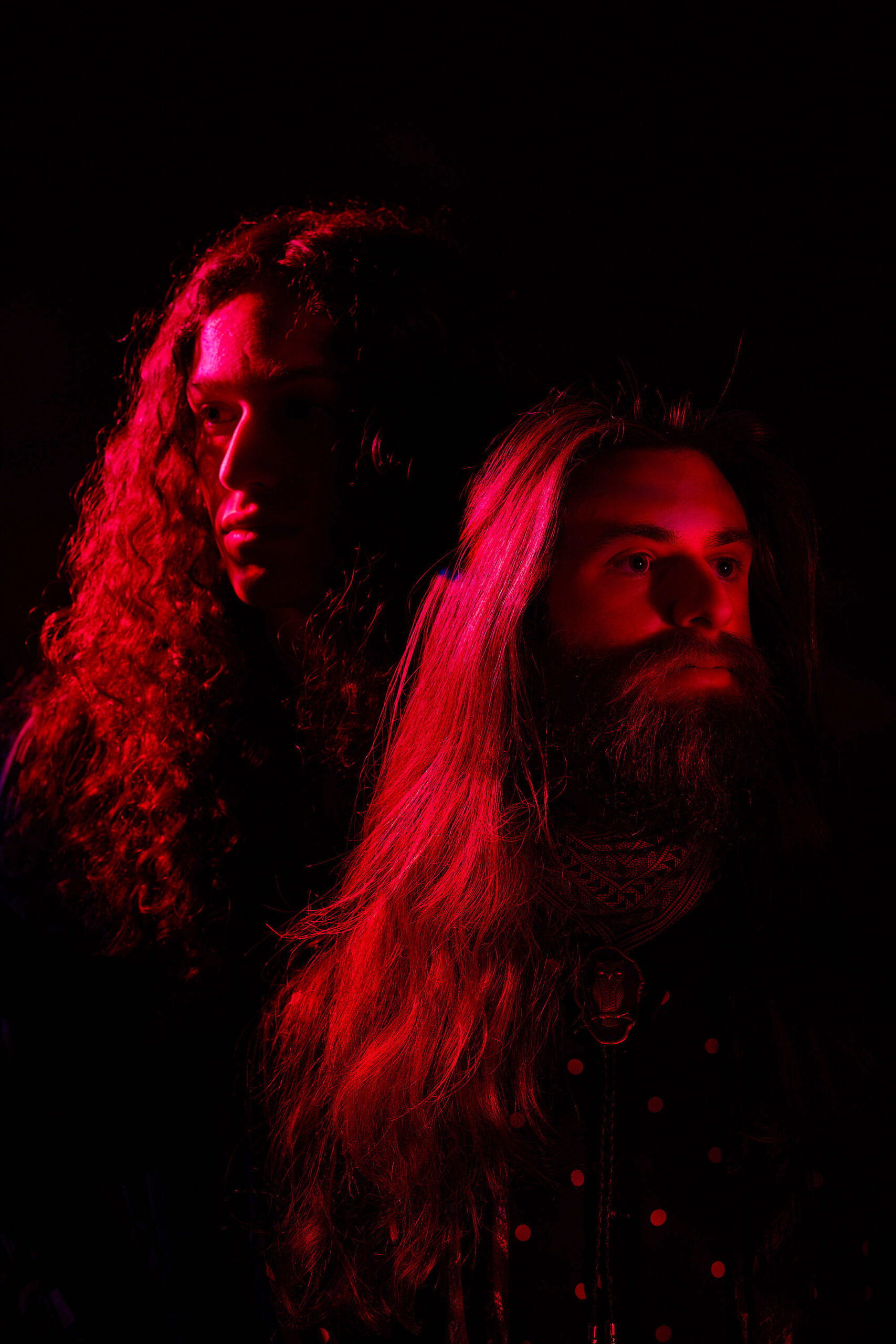Dido
That trademark voice.

Dido received a little unexpected help from her son, Stanley, when it came to recording her new album, Girl Who Got Away.
Though she wrote most of the songs before his birth in July 2011, he made his own contributions in utero, making his opinion known about various tunes. “I loved singing pregnant because he was kicking away during certain songs and it was like having this little friend in the vocal booth,” says Dido. “It was just so brilliant, like he’s dancing, or maybe he’s trying to get out.”
Girl Who Got Away is Dido’s fourth studio album and her first since her 2011 Oscar nomination for Best Original Song for “If I Rise” from the film 127 Hours. The British singer-songwriter has sold more than 29 million albums worldwide, bolstered by her ethereal, haunting voice that seems to float above the notes on such hits as “Here with Me” and “White Flag”. The hypnotic melodies, which incorporate ambient, pop, and hip-hop elements, are as intoxicating as her evanescent vocals.
She first came into prominence through Eminem’s “Stan” (yes, she’s aware her baby shares the name), which heavily sampled her song “Thank You”. The 2000 smash is considered one of the first mainstream hits to juxtapose the gruffness of rap against sweet singing.
“I didn’t feel that we were doing it first,” she says. “[But] I guess it was exceptional at the time. I thought his rap on it was absolutely amazing, and it was a brilliant combination. It’s funny now, because people are sort of saying [“Stan”] was the original song. I haven’t actually painstakingly gone back to prove them wrong,” she says with a laugh.
Dido eased into making Girl, giving herself a freedom that she’d never experienced. “Each track was made in its own time. It wasn’t like we were in a studio having to do a bunch of stuff. It was a track here, a track there,” she says. “By the time we came to putting it all together at the end of last year, I know it was already there—the pressure was off.”
Dido worked with a number of collaborators, including Greg Kurstin, Rick Nowels, Jeff Bhasker, Brian Eno, and Kendrick Lamar, who is featured on “Let Us Move On”. She and the rapper have yet to meet; she sent him the track and he added his part. “I can’t wait to meet him and say thank you because it just sounds great,” she says.
There’s only one collaborator she trusts enough to sing his lyrics: her producer-composer brother Rollo Armstrong. “I feel like he’s the extended version of my brain,” says Dido. “A lot of our values are the same, and we’re so close and we’re such good friends. He’s the only person that could write lyrics, because he truly understands where I’m coming from. That’s why I can sing his lyrics with as much emotional conviction as my own, because he’s writing for me as me.”
The singer wrote much of the album as she soaked in the California sunshine, far from her home in London. “There’s just something about Los Angeles—I just write up a storm. For me, it’s the most creative place in the world,” she says. “It’s driving up the coast, just driving on the 101. You just sort of aspire to something bigger than yourself, and you want to be a better person and a bigger person. I love it.”
Though there’s a sunny nature on many of the songs, quite a few, such as “Blackbird” and “Loveless Hearts”, are gut-wrenching in their tales of loss. If there’s a theme for the album, Dido says, it’s “Anything goes in life. There’s light and dark and everything.”
Dido and her family manage to live in relative anonymity, so much so that many of her fans had no idea that she’d given birth until months later. She is fearless about mining her own life when it comes to lyrics, but crafty at hiding details to render the actual events, but not the emotions, unrecognizable. Yet Dido has surprised herself by finding one topic too intimate for her to write about so far: her son. “That sort of feels like maybe it’s sort of almost too big a love, or too personal,” she admits, “or I’m not ready to do that yet.”
Photo by Guy Aroch.








